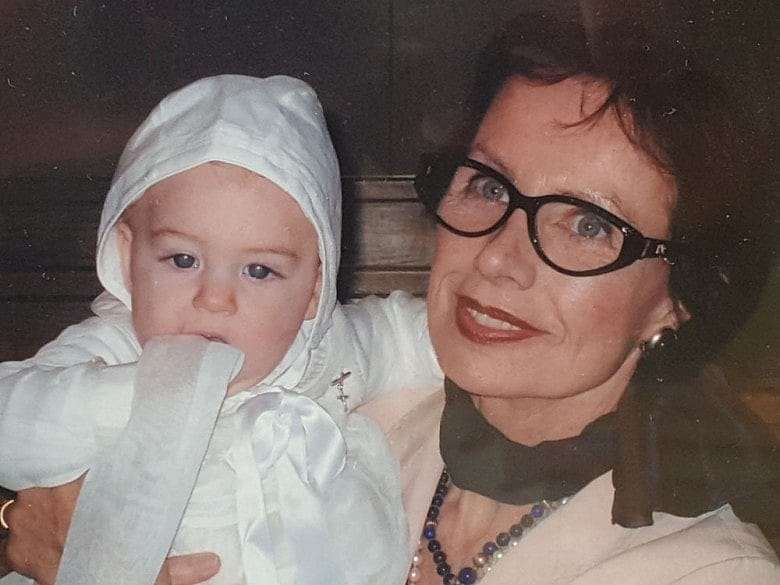Deaths of desperation

Advocates of assisted suicide, both here in Massachusetts and around the globe, often claim that they are fighting for the right to "die with dignity." But they say little about the right to "live with dignity."
Each year, too many terminally ill people choose to end their lives willfully and with a prideful sense of autonomy in order to prevent the inevitable ordeal of physical and mental decline. Many of these people act out of fear of the unknown and a refusal to accept the inevitable. Death and what follows will always be a mystery to us. We will always fear it or, if we are people of faith, embrace its promise. Yet accept its reality we must. And there are different ways of doing so.

